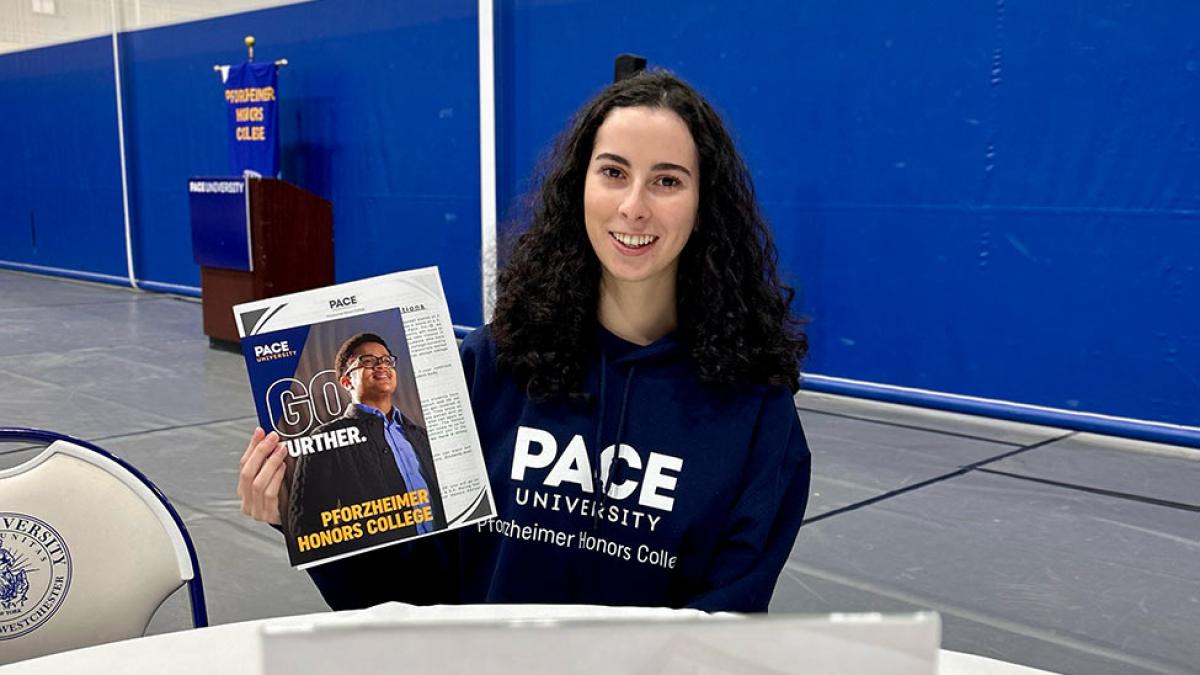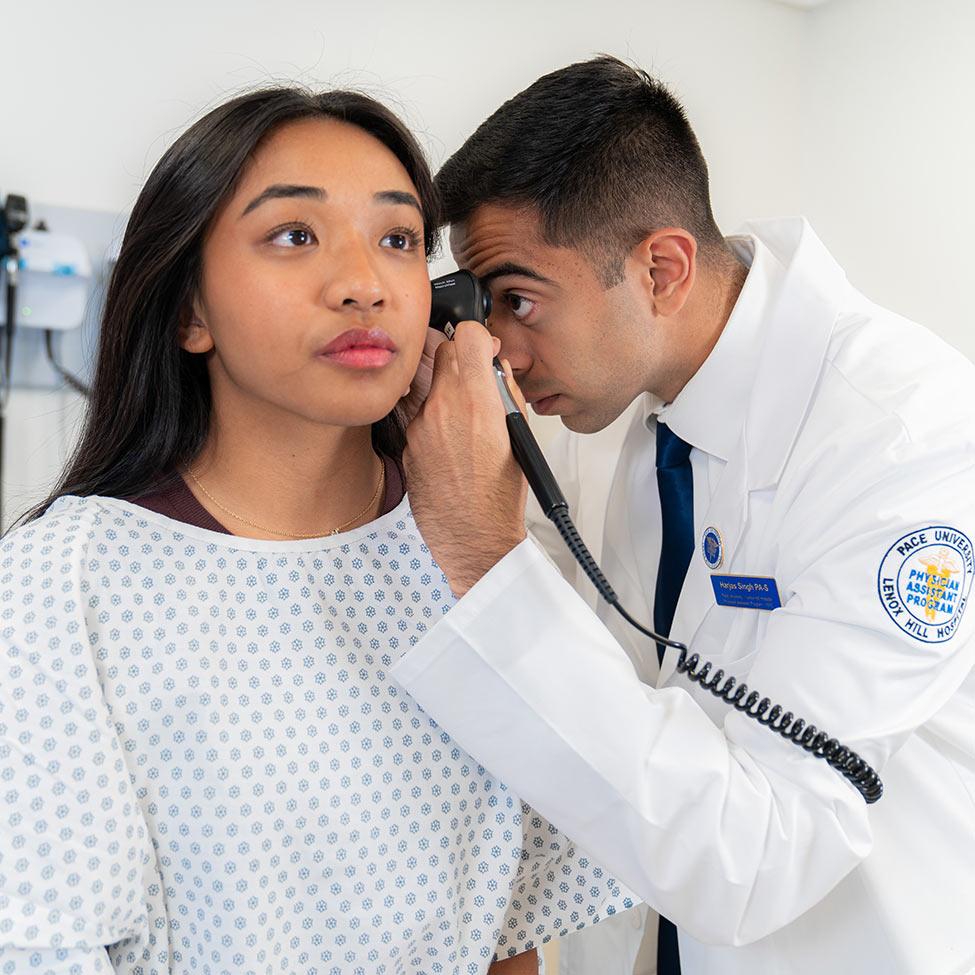
Full Accreditation in Human Simulation
Pace University awarded full accreditation in Human Simulation by the Association of Standardized Patient Educators (ASPE).
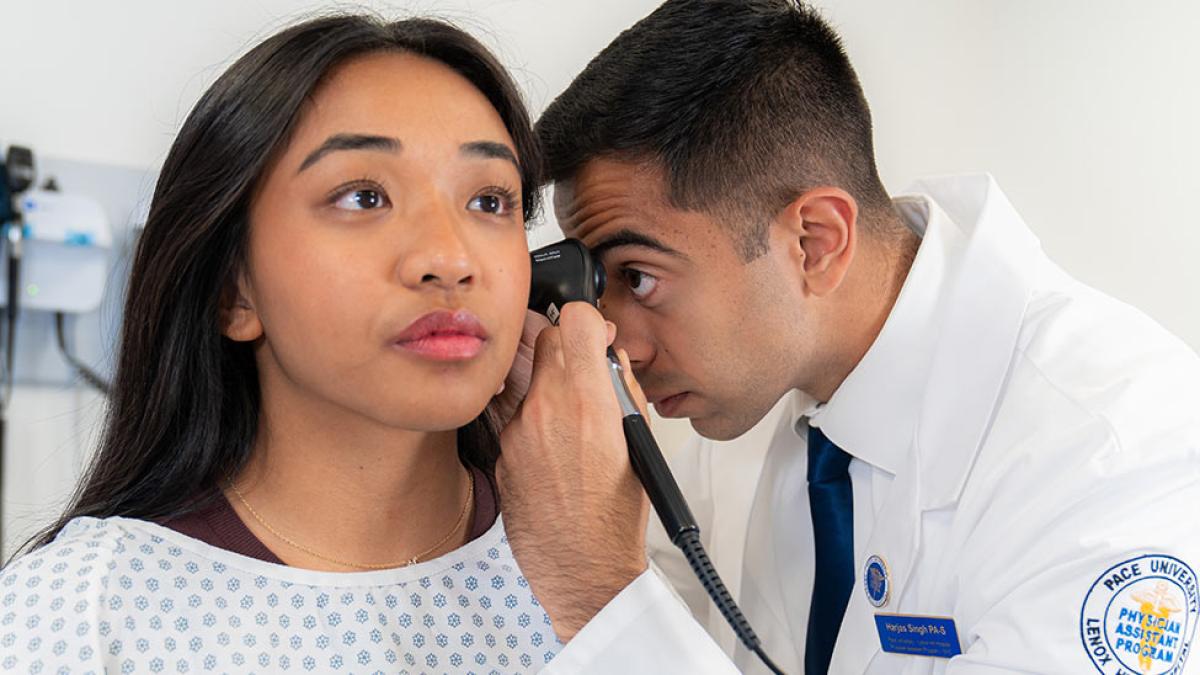
Pace University’s Center for Excellence in Healthcare Simulation receives Full Accreditation from the Association of Standardized Patient Educators (ASPE).

Pace University is proud to announce that its Center for Excellence in Healthcare Simulation has received full accreditation in human simulation from the Association of Standardized Patient Educators (ASPE), a leading authority in the field of simulation-based education. This prestigious recognition affirms the center’s commitment to excellence, innovation, and best practices in healthcare simulation.
As a member of the inaugural class for this accreditation, Pace University is one of the first of eighteen universities in the country to be selected. This accreditation places Pace among an elite group of institutions that have demonstrated the highest standards in the training and use of standardized patients (SPs)—individuals trained to portray real patients for the instruction, assessment, and evaluation of healthcare professionals.
“This prestigious recognition highlights our unwavering commitment to providing high-quality, patient-centered education for our students and healthcare collaborators,” said Dr. Esma Paljevic, interim co-dean of the College of Health Professions. “ASPE accreditation affirms the strength, integrity, and impact of our simulation programs and reinforces our critical role in shaping the future of healthcare professionals.”
The Center for Excellence in Healthcare Simulation offers state-of-the-art facilities designed to deliver high-fidelity, experiential learning in a safe, controlled environment on both the Westchester and New York City campuses. The Center replicates real-world clinical settings and features the latest in simulation technology, including high-fidelity manikins, standardized patient examination suites, debriefing rooms, and integrated audiovisual capture systems.
Purposefully designed to support interdisciplinary education, the Center is actively utilized by students and faculty from nursing, physician assistant studies, nutrition, occupational therapy, and communication sciences and disorders programs. Simulation specialists and faculty collaborate to develop realistic, evidence-based scenarios that enhance clinical reasoning, critical thinking, teamwork, and effective communication—skills that are essential for today’s healthcare professionals.
“This milestone would not have been possible without the exceptional leadership of Dr. Nancy Owen, director of Healthcare Simulation, and the vision and dedication of our simulation educators and staff,” said Patty Myers, assistant dean of Accreditation and Educational Support. “We are excited to continue expanding our impact through collaborative, interdisciplinary education that prioritizes safety, empathy, and clinical competence.”
The accreditation will be in effect for five years, during which Pace University will continue to innovate in simulation-based learning and serve as a model for excellence in human simulation education.
For more information about simulation activities at Pace University, visit the Center for Excellence in Healthcare Simulation.
More from Pace
Michelle Novominski, now in her final semester of the RN-4 BS in Nursing program at Pace University, has made her mark through leadership roles in both the National Student Nurses Association and the Sigma Theta Tau International Honor Society of Nursing. We caught up with Michelle to hear about her journey, her love for nursing, and the impact of getting involved on campus.
Jason Slyer, DNP, RN, FNP-BC, CNL, FNAP, FNYAM is a family nurse practitioner (FNP) with over 20 years of experience in cardiac and chronic disease management. As a doctor of nursing practice (DNP)-prepared nurse practitioner, he is a leader and expert in evidence-based practice and translational research with scholarly interests in the area of shared decision-making in the promotion of person-centered care practices.
We connected with him to get his perspective on the LSN’s graduate programs as both a professor and former student.
Meet Elyse Hopper Ryan, MPAS, PA-C, 2021 graduate of the College of Health Profession (CHP) Physician Assistant Program-Pleasantville! Since completing the program, Elyse gained a full-time position for the Emergency Department at Montefiore Medical Center, as well as a part-time job at NewYork-Presbyterian / Weill Cornell Medical Center in Inpatient Internal Medicine.
In addition to her positions at Montefiore and NewYork Presbyterian, Elyse has partnered with the Physician Assistant Program – Pleasantville as an Instructional Support Clinical Personnel (ICSP). We connected with Elyse to share her experience at CHP, her learning opportunities, and her work now as a professional.
The Sound of Science in Major Questions Doctrine Jurisprudence
In his article, The Sound of Science in Major Questions Doctrine Jurisprudence, published in Natural Resources & Environment (ABA, Spring 2025), Pace | Haub Environmental Law Professor Josh Galperin (with co-author Terra Baer) examines how the U.S. Supreme Court’s use of the major questions doctrine undermines core constitutional and statutory principles—particularly when the Court treats congressional silence as legislative intent.
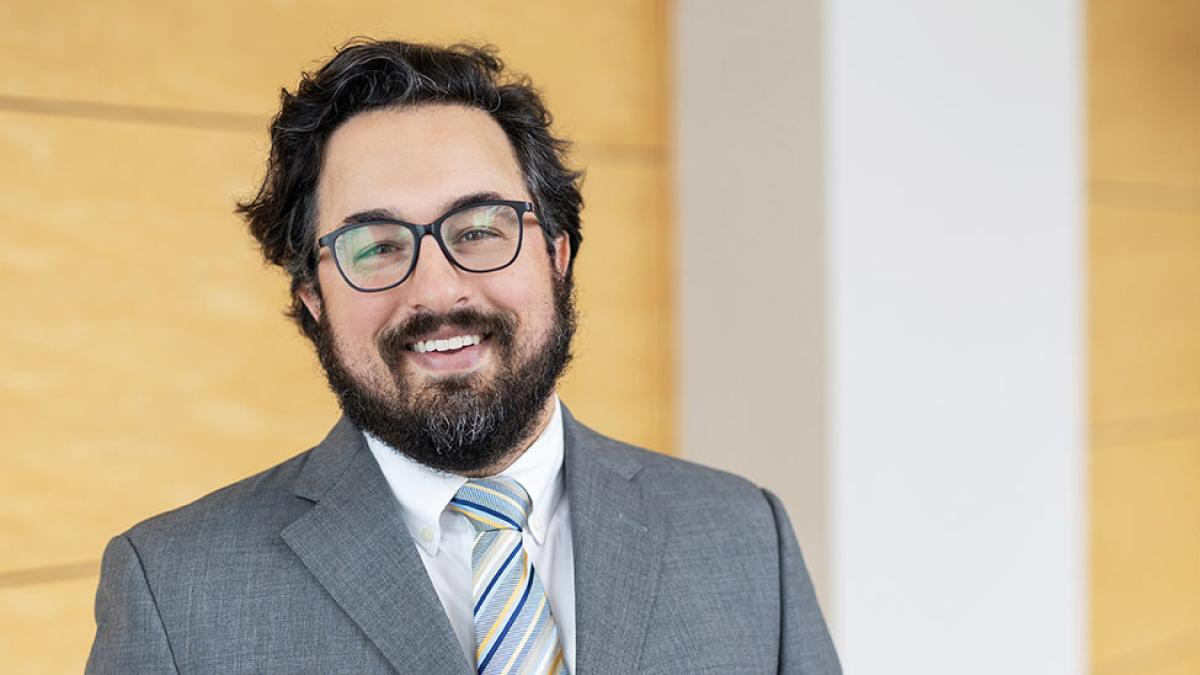
In his article, The Sound of Science in Major Questions Doctrine Jurisprudence, published in Natural Resources & Environment (ABA, Spring 2025), Pace | Haub Environmental Law Professor Josh Galperin (with co-author Terra Baer) examines how the U.S. Supreme Court’s use of the major questions doctrine undermines core constitutional and statutory principles—particularly when the Court treats congressional silence as legislative intent.
“Silence does not signal intent,” they write. “It signals the limits of a complex and deliberative lawmaking process.”
The authors argue that this judicial overreach threatens the foundations of the regulatory state and bypasses mechanisms like the Congressional Review Act, which already provides a clear process for reviewing major agency rules. Recognizing that process—and not replacing it with judicial speculation—is essential to preserving democratic accountability.
Top 5 Podcasts for Entertainment Entrepreneurs
Sands College of Performing Arts Professor Grant Kretchik is featured in Success Magazine for co-hosting In the Podlight, which ranked No. 1 on the magazine’s Top 5 Podcasts for Entertainment Entrepreneurs—recognized for elevating diverse voices in the entertainment industry.
Kathy Hochul's Chances of Losing New York Primary to Antonio Delgado: Polls
Political Science Professor Laura Tamman provides expert insight to Newsweek about how New York Governor Kathy Hochul is facing a primary challenge from her own second-in-command, Lieutenant Governor Antonio Delgado, with polls showing the incumbent with an early lead more than one year out from the election.
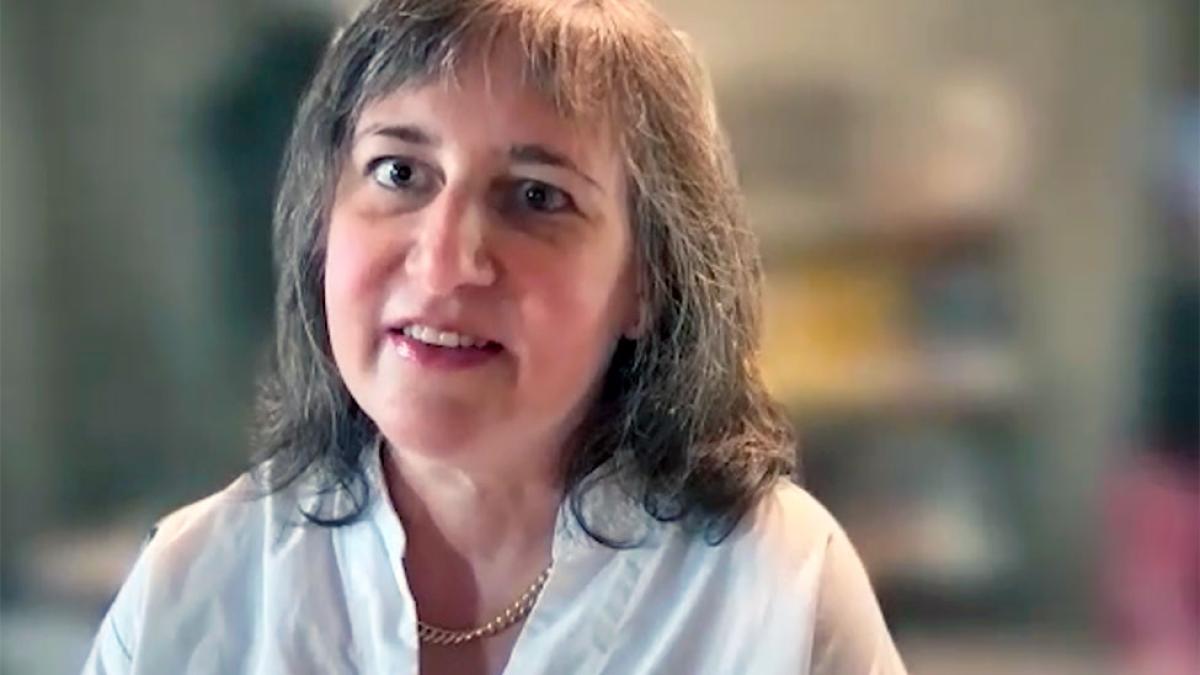
New Chapter For Korea
Dyson Professor Seong Jae Min shares reflections on democratic transitions in an op-ed in The Korea Times, responding to the recent election of Lee Jae-myung, the Democratic Party of Korea’s candidate.
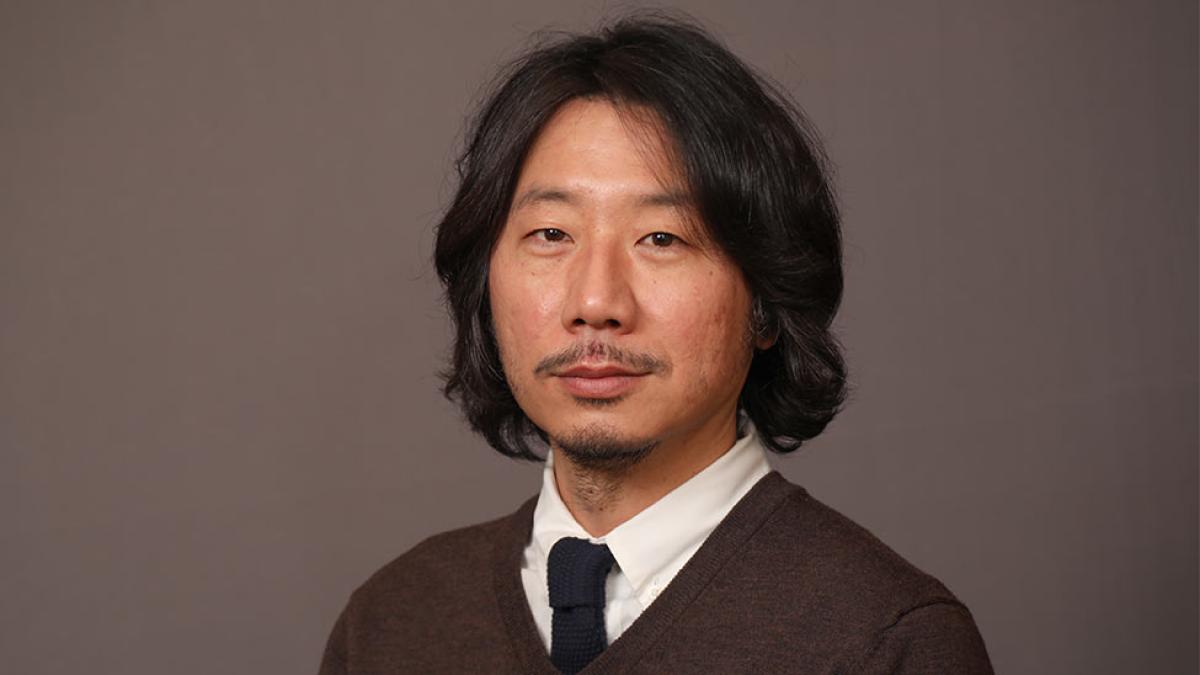
Etsy CEO: People Who Make These 2 Early Career Moves Become More Successful Than Most
Etsy CEO Josh Silverman shared two key decisions that shaped his early career during a recent keynote address as highlighted by CNBC.
Graduating Law School Students Enter Career At Uncertain Moment
AMNY notes that Pace University’s Commencement joined other New York law institutions in marking the season with nods to resilience and change.
Anjali Sud to Pace Grads: “Be You,” Draws on Indian Heritage
India West recaps a powerful message from Tubi CEO Anjali Sud, who addressed graduates of the Seidenberg School of Computer Science and Information Systems, urging them to embrace authenticity, optimism, and meaningful impact.
Etsy’s CEO Shares Two Key Steps He Took Early In His Career That Set Him Up For Later Success
Fortune spotlights Etsy CEO Josh Silverman, who revealed two pivotal steps that helped shape his early career during a keynote address.
A Legal Legacy: Emma Churgin ’27, Hunter Churgin ’24, and Joseph Churgin ‘93
When Joseph Churgin graduated from the Elisabeth Haub School of Law at Pace University in 1993, he never could have imagined that 32 years later, two of his children would not only be studying law but attending the same law school. “I felt incredibly proud that both Hunter and Emma wanted to attend law school where I got my start,” shared Joseph. “It was the perfect fit for me, and I hoped that it would be for both of my children as well.”
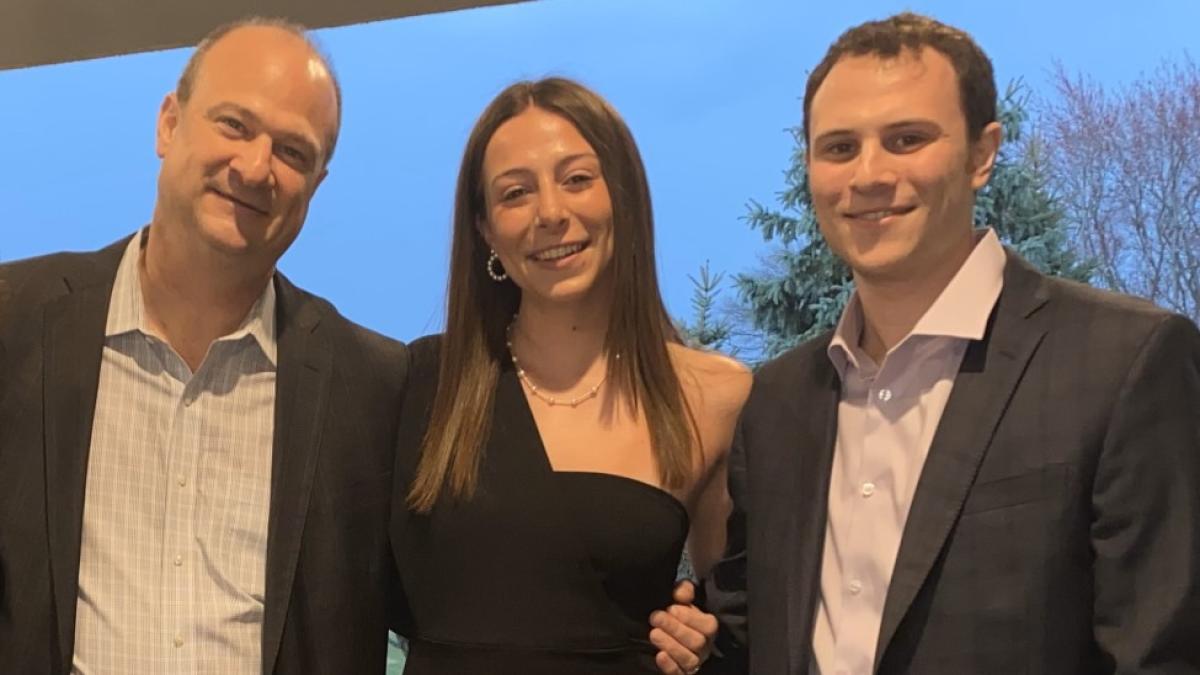
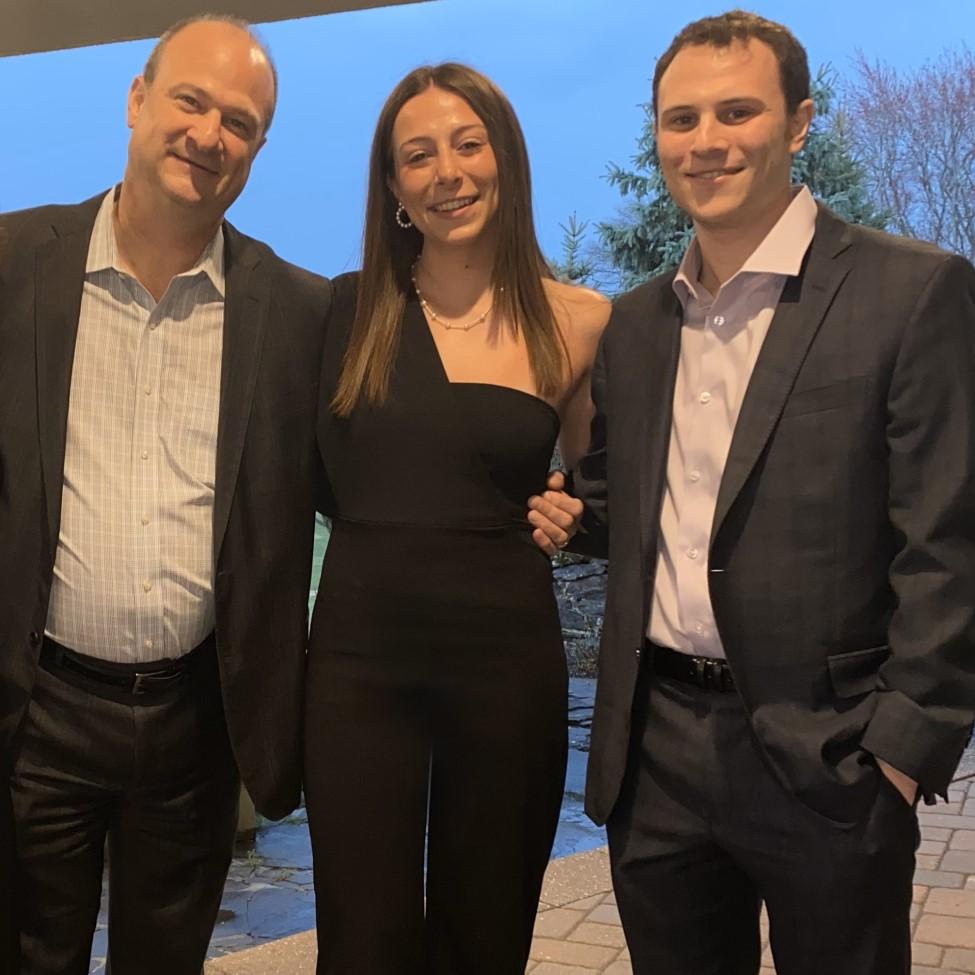
When Joseph Churgin graduated from the Elisabeth Haub School of Law at Pace University in 1993, he never could have imagined that 32 years later, two of his children would not only be studying law but attending the same law school. “I felt incredibly proud that both Hunter and Emma wanted to attend law school where I got my start,” shared Joseph. “It was the perfect fit for me, and I hoped that it would be for both of my children as well.”
Hunter Churgin ’24 chose Pace Haub Law because he appreciated the location and valued the positive experiences that his father had. “My father definitely helped shape my decision to attend law school,” said Hunter. And, while Emma Churgin ’27, was not always set on a legal career, she was inspired by seeing her brother graduate from law school. “It was inspiring to see Hunter and his classmates celebrate their hard work,” recalled Emma. “After that, I rethought my career path, talked to my parents, and Hunter, and ultimately decided to take the LSATs and pursue law school. Since that point, I have been confident in my decision and feel fortunate to have my brother and dad help guide me through this experience.” Emma chose Pace Haub Law because she witnessed first-hand the success that her brother and father had with their degrees from the school, but she also appreciated the ability to enroll in the January admit program and graduate in 2 ½ years.
While Emma only recently started at the Law School, she is enjoying her experience so far. “The professors have all been wonderful and helpful through my 1L year,” said Emma. Hunter has also done his part to recommend classes and experiences to Emma. “The prosecution externship with Professor Barry helped solidify what I am doing now. I really enjoyed that opportunity and I recommended Emma take a course with her.” After graduating in 2024, Hunter started work as an Assistant District Attorney with the Nassau County District Attorneys Office.
The experience of having both a sibling and father attend the same law school as her has been extremely useful for Emma. “I really enjoy being able to discuss what I am learning with both of them,” shared Emma. “Being able to ask my dad questions has kept me from getting overwhelmed - and has been a nice bonding moment for us. Since Hunter graduated last year, I’ve also enjoyed being able to call him to ask about future classes or what he had done to be successful during his law school experience.”
After working for 11 years at a New York City Law firm, Joseph wanted to spend more time with his family, so he partnered with an established lawyer in Rockland County and launched his own firm, working primarily in litigation and land use. “I had such a positive law school experience, and it has been wonderful seeing Hunter, and now Emma, have that same experience.”
